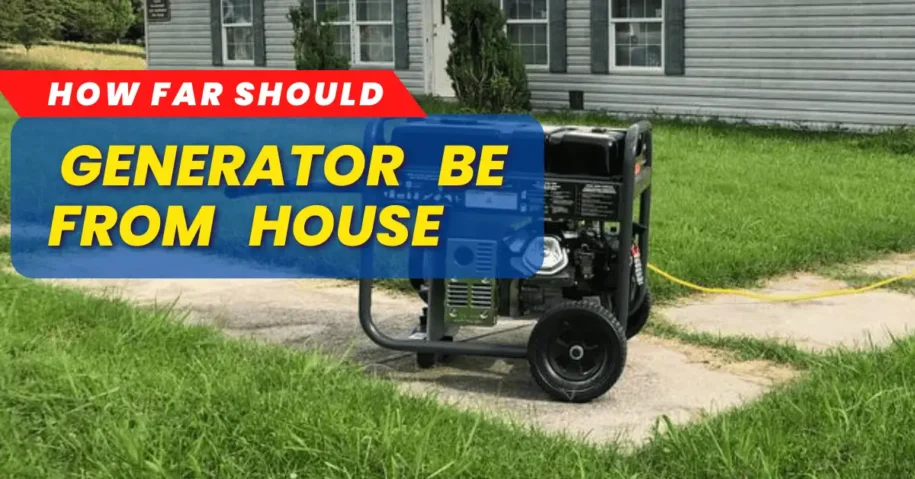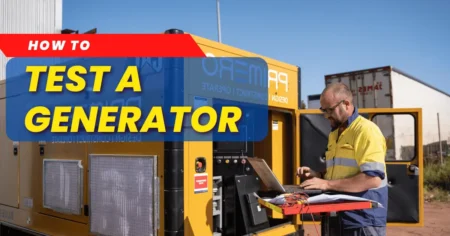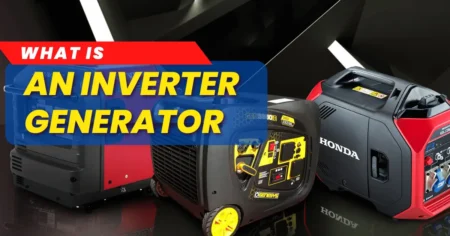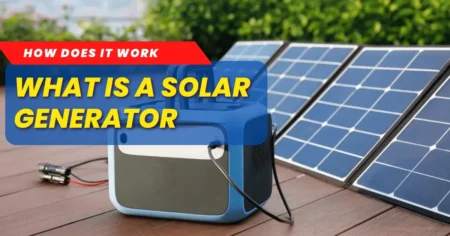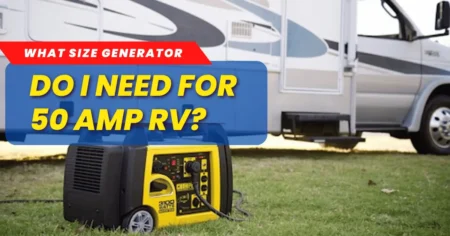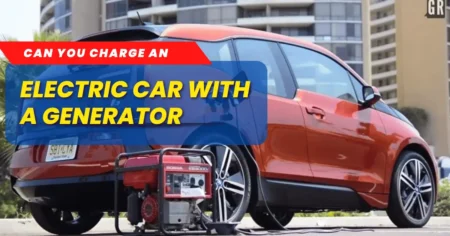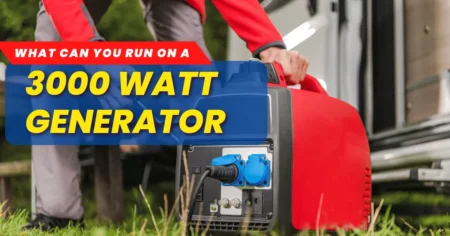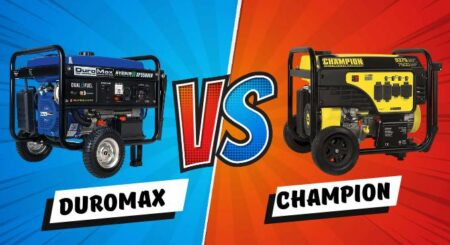When the power goes out, a generator can be a lifesaver. But it’s important to know where to place it to keep your home safe. Let’s find out how far a generator should be from your house.
Why Proper Generator Placement is Important
Putting your Generator in the right spot is key for safety. It helps prevent carbon monoxide poisoning and reduces noise and vibrations. Knowing the proper distance can keep your home safe and your Generator working well.
Carbon Monoxide Danger
Generators create carbon monoxide, an invisible gas with no smell that can be deadly. If your Generator is too close to your house, this gas can get inside and make you sick or worse. That’s why it’s crucial to place your Generator far enough away.
Noise and Vibration
Generators are loud and can cause vibrations. If they are too close to your home, the noise can be annoying, and the vibrations can cause damage. Keeping your Generator at a safe distance helps reduce these issues.
Recommended Distance
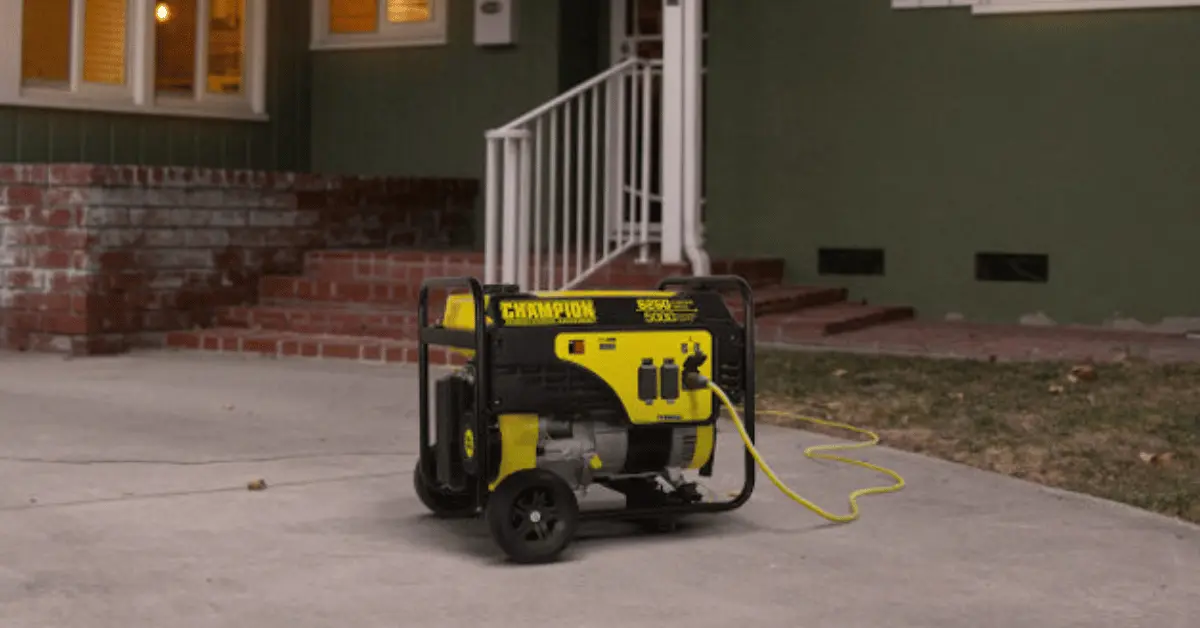
The safe distance for placing your Generator depends on its type. Generally, it would help if you put it 15 to 20 feet away from your house. This distance helps ensure safety and reduces noise and vibration impacts.
Portable Generators
Portable generators should be placed at least 20 feet away from your house. Please ensure they are in a well-ventilated area to reduce the risk of carbon monoxide poisoning.
Standby Generators
Standby, more powerful generators should be placed 15 to 20 feet away. The exact distance should always be followed by the manufacturer’s guidelines.
Recommended Distances for Generators
Generator Type Recommended Distance
Portable Generator At least 20 feet
Standby Generator 15 to 20 feet
Factors That Affect Distance
Several things can affect how far a generator should be from your house. These include the size of the Generator, local rules, and the environment around your home.
Generator Size
More giant generators need more space because they produce more carbon monoxide and noise. Smaller generators can be closer but still need to follow safety rules.
Local Rules
Check local rules about where you can place your Generator. Some areas have strict rules, which are essential for safety.
Environment
Think about wind direction and any obstacles around your house. Wind can blow carbon monoxide towards your home, and obstacles can block ventilation. Always place the Generator in an open, well-ventilated area.
Installation Tips
Installing your Generator correctly is essential for safety. Here are some tips to help:
Use Extension Cords
Connect your Generator using heavy-duty extension cords. This allows you to place it farther away from your house. Make sure the cords are in good condition and meant for outdoor use.
Install CO Detectors
Install carbon monoxide detectors in your home. These alarms will alert you to dangerous levels of carbon monoxide. For extra safety, place detectors near bedrooms and living areas.
Regular Maintenance
Regular maintenance will keep your Generator in good shape. Check for leaks and ensure proper ventilation. This will keep your Generator running safely and efficiently.
Frequently Asked Questions
How Far Should a Generator Be from the House?
Place the Generator at least 20 feet away from your house to ensure safety.
Can I Place a Generator in the Garage?
Never place a generator in a garage, as it can cause carbon monoxide poisoning.
Is It Safe to Use a Generator Indoors?
No, using a generator indoors is extremely dangerous because of the risk of carbon monoxide poisoning.
What Is the Safe Distance for a Generator?
The safe distance for a generator is at least 20 feet from the house.
Conclusion
Knowing how far to place a generator from your house is essential for safety. Always follow the recommended distances to protect your family during power outages. Check local rules, maintain your Generator regularly, and install carbon monoxide detectors for extra protection. By doing this, you can use your Generator safely and confidently.
See from us:

